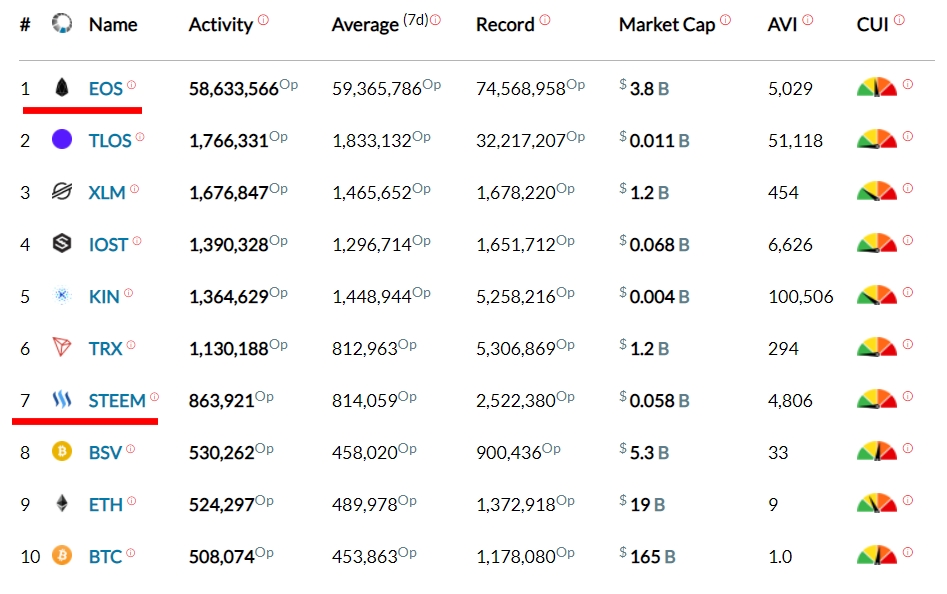Scalability is not only about Transactions per second!
People on Youtube (sry ^^ but those people are the stereotype example of majority, which is always “wrong” (inconsistent), because its attracted to easy information), use the transaction-rate which is TPS (Tx/sec= Transactions per second) synonymous with network scalability.
TPS is the processing/rate. Ok, good, more users = more transactions which want to be processed…so far so good. But more real users also mean more need of network resources like band-with which is the channel-capacity. With many millions up to billions of users you need hundreds of MiB up to GiB per second! When you are a firefighter having a water-pump, capable of pumping hundreds of liters per second, what is it good for if the tube can´t handle the throughput? 😉
Next problem is the data scale
The more TPS the more data to store. Every full-node has to run a full copy of the database/blockchain. This means with more TPS we need some day to store terra-byte, than peta-byte and maybe even some exabyte of data. No problem…if you are a data-center 😊

You see, people simply grab for the first term they hear and use it synonymous for something what they think it means. Same with “risk”, “probability” and so on.
Why so sloooow? Pls moon now!
If some “Blockchain” has a high peak performance, you should first ask why! Immediately, interrupt them if necessary! Every child asks “why?” until school came and teach us not to ask such silly questions…
There are basically two types of “Blockchains”: public and private ones. A public one is by design permission-less –> everyone can run a node and every node in the network has to process the transaction.
This parallel processing is sloooow. No, not because the nodes itself have slow hardware or software or whatever, it is a network-phenomenon called parallel-slowdown and depends on the problem/algorithm you want to process. Don´ t forget that Bitcoin or Ethereum, despite being a distributed ledger, they are also a super-computer/computer-network. The architecture is parallel. Some problems are perfect for parallel-computing (embarrassingly parallel problems). Mining for example is such one.
But making a transaction is obviously not.
Why Steem (and Bitshares and Eos) is so fast
Quick reminder: the designer of Steem-Blockchain is @Dan Larimer. @Dan was already 2009 in the space, arguing with Nakamoto about Proof-of-Work based consensus. The new model he came up with was dPOS – delegated Proof-of-Stake. He has already designed Bitshares (a decentralized autonomous exchange) something which is also implemented into Steem. After building Steem he left (because work was done) then he was designing Eos. So, good track-record, isn’t it? Those Blockchains Dan Larimer designed are ranking at the top of peak-performance and daily transactions. (Telos and Wax are just software forks of Eos so let´s ignore them here)

So there are some ways to go: instead of making every single node a witness of the transaction, you can vote a few witnesses (like here on Steem), this of course makes the network far, far, far … more centralized than a P2P-network like Bitcoin. Of course in practice Bitcoin is heavily centralized on the social layer and hence on the hashpower-layer…If money is un-equally distributed, hash-power is also…because hash-power is expensive.
So dPOS-Systems with voted witnesses are one way, which comes with the cost of centralization. But due to the voting process you can ensure, that the witnesses are acting beneficially to the network, the difference to politicians is that they have “skin in the game” (they have stake, they need to own vests (Steem Power)) ergo they would harm them self if they harm the ecosystem. Unfortunately, people are people…and luckily some of them are idealists. They feel that they are part of something bigger. As long as we can vote it can work!
So, you should understand that dPOS is first not Proof-of-Stake, dPOS results in network topologic terms in a heavily clustered form of a decentralized system. Not redundant at all. But due to social-proof (stake) the witnesses are game-theoretically incentivized to do a good job. But you cant guarantee.

The second way is to build a permissioned or private DLT/Blockchain … or to add some magic like MimbleWimble or other stuff but for that article this is enough.








